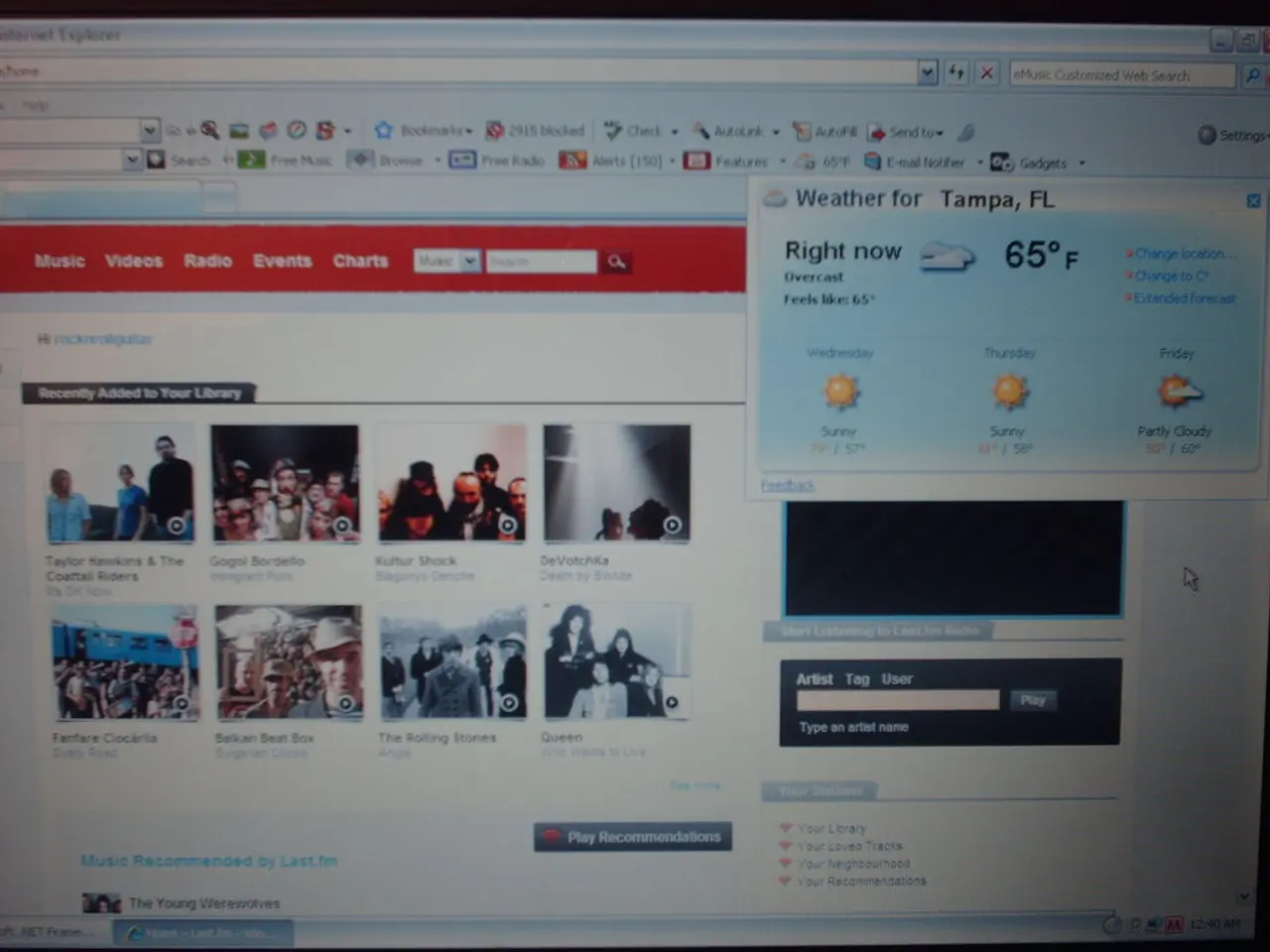Impact of IP Addresses on Web Navigation
In the digital age, the internet has become a global village, but not everyone has equal access to its resources. Websites often adjust rendered information based on the user's region for a more comfortable experience. This can sometimes lead to geographical content restrictions, limiting what users can access. However, there are solutions to bypass these barriers, and two of the most effective are proxy servers and Virtual Private Networks (VPNs).
Proxy servers affect user location and online experience by masking the user's real IP address with one from a different geographic location. This allows users to appear as though they are browsing from another country or region, effectively bypassing geographic content restrictions imposed by many websites.
One of the key advantages of proxy servers is location masking. Proxies replace your original IP (which reveals your true physical location) with another IP from the proxy server, often located in a different country or region, allowing you to access geo-blocked content as if you were in that location.
In addition to location masking, proxy servers also offer improved privacy and anonymity. By hiding your real IP and rotating through multiple IPs (in the case of proxy pools or rotating proxies), proxies prevent tracking, targeted advertising, and profiling by websites, enhancing user privacy.
Moreover, proxy servers are particularly useful for bypassing blocks and restrictions. Websites often restrict or block access based on IP addresses. Rotating proxies and proxy pools distribute traffic among many IPs to reduce the risk of blocks or bans, ensuring stable and continuous access.
However, it's important to note that some proxy types, such as data center proxies, are more susceptible to detection and blocking by websites. Residential proxies, on the other hand, use IPs from real devices serviced by Internet Service Providers (ISPs), providing more options and better performance for private browsing and automation tasks.
When it comes to choosing the best options for bypassing location restrictions on websites, residential proxies combined with rotating proxy pools offer the most effective and reliable solutions. Users should choose proxies based on their needs for authenticity, speed, and risk of detection.
While proxy servers are effective tools for bypassing geographical restrictions, VPNs are another option to consider. VPNs encrypt and tunnel internet connections, ensuring invisibility to spying attempts. However, they have a limited number of server locations, producing only a few thousand IPs.
In conclusion, whether you're a user seeking to access region-restricted content or a business looking to expand its online presence, proxy servers and VPNs are valuable tools for enhancing privacy, bypassing geographical restrictions, and ensuring a seamless online experience.








